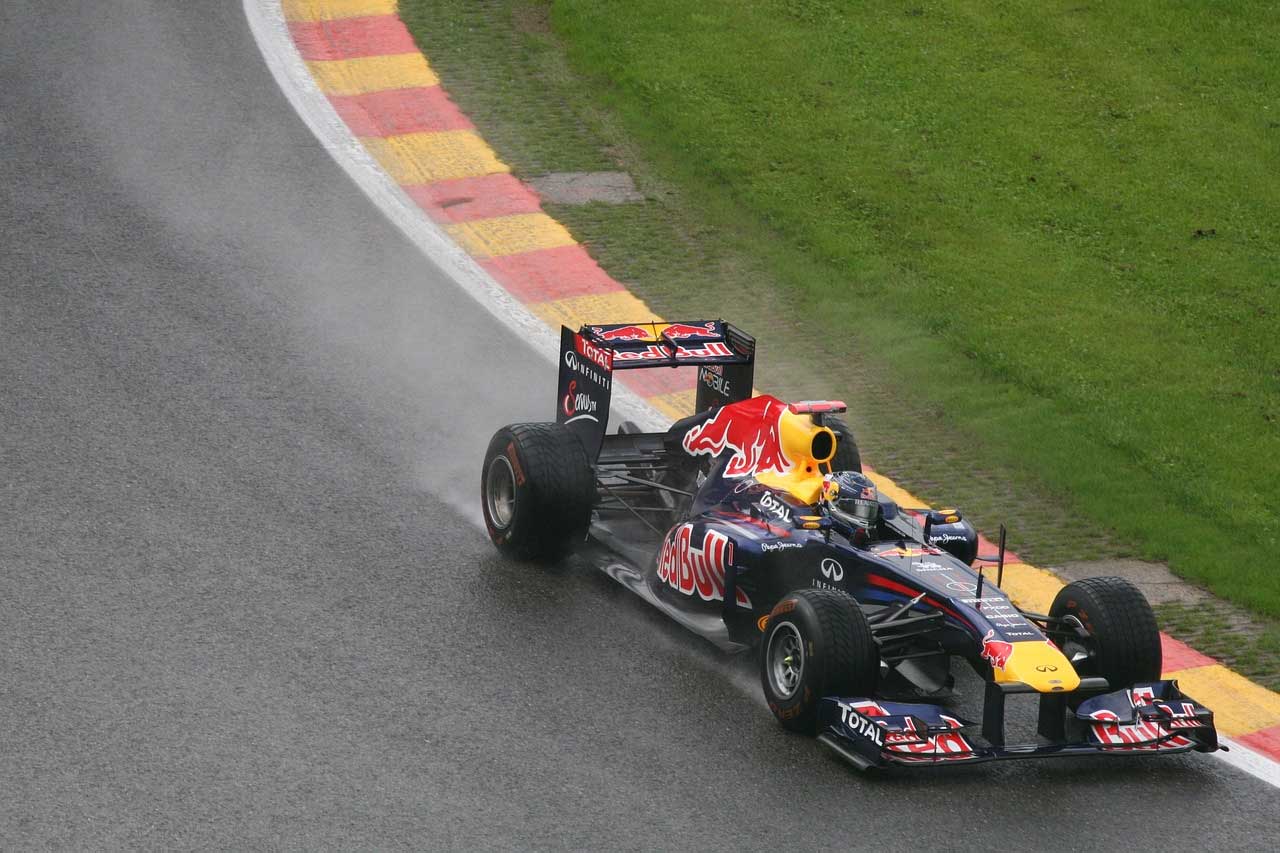Some of the changes that FIA has made to Formula 1 racing haven’t exactly been met with enthusiasm by fans over the years. The most significant change that many fans didn’t like was when the cars were forced to ditch the big burly engines with the iconic F1 wail in favor of smaller engines that didn’t sound as good. Formula 1 governing body FIA has now announced that it has developed a 100 percent sustainable fuel that will be used in racing cars in the future.
The fuel is manufactured from biowaste not intended for human or animal consumption. The new fuel is already in the hands of F1 engine manufacturers for testing and is part of its goal of becoming net-zero carbon by 2030. Within the next five or six years, F1 intends to use 100 percent sustainable fuels, and a new engine formula will be introduced in that time.
Using the biofuel will be a mandatory requirement when the new engine design is ushered in, which is currently scheduled for 2026. FIA has noted that the new engine mandate could be pushed into effect in 2025. Starting in the 2021 season, F1 is requiring teams to use at least 10 percent biofuel.
This isn’t the first step F1 is taken towards being a greener motorsport. In 2014 FIA ushered in hybrid engines. F1 hybrid engines are more than 50 percent thermally efficient, making them much more efficient than a typical road car engine.
One question that will be on the minds of many F1 fans is if the new biofuel requirement will make the cars slower. Teams will be wondering if the new fuel requirement will make the engines less reliable. We should have some idea of performance and reliability impacts when the 2021 season kicks off with its 10 percent biofuel mandate.



